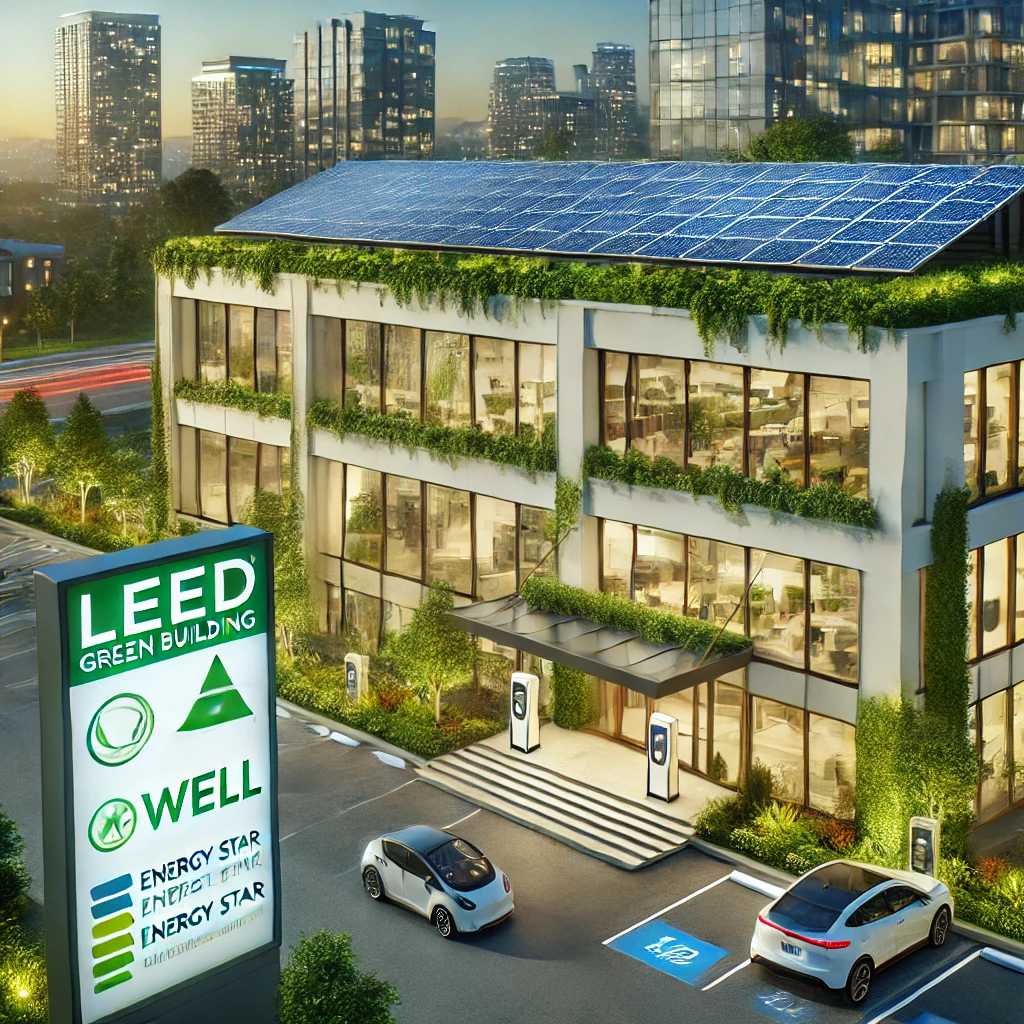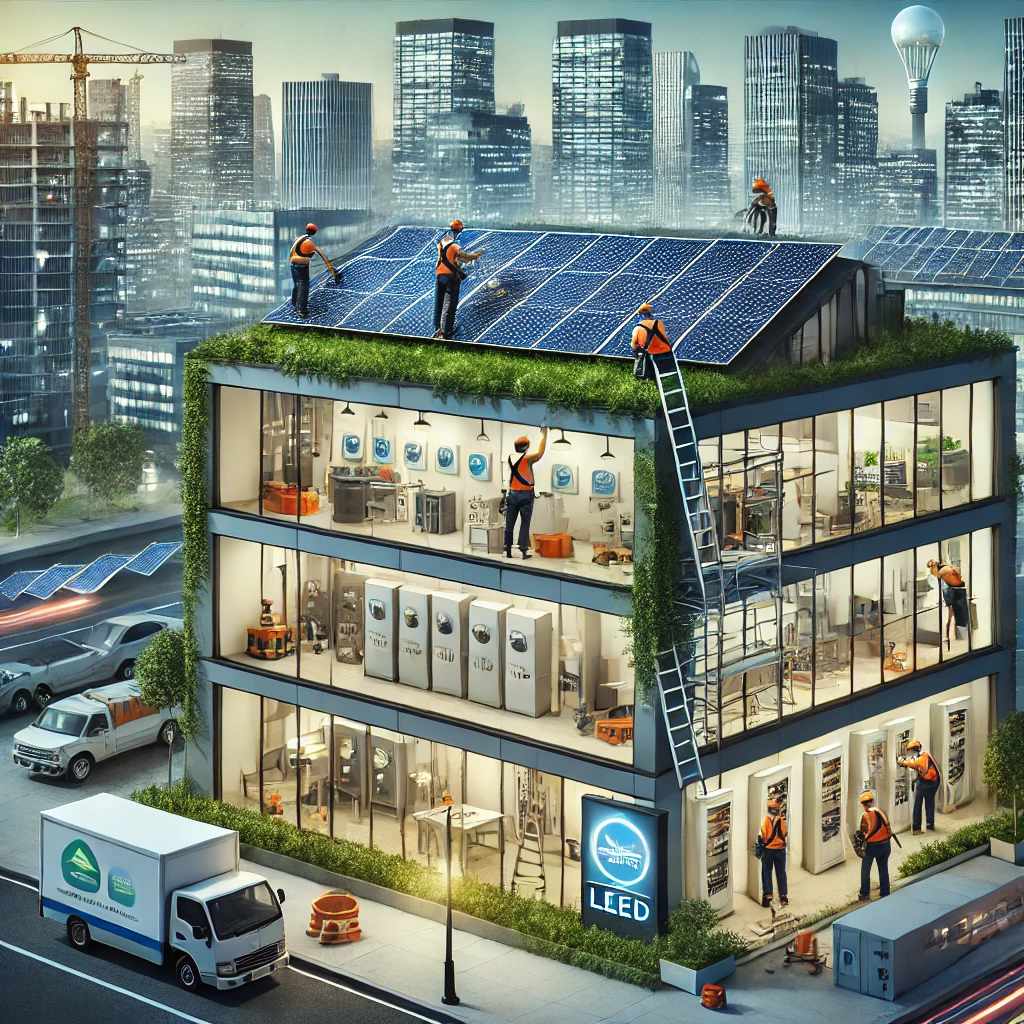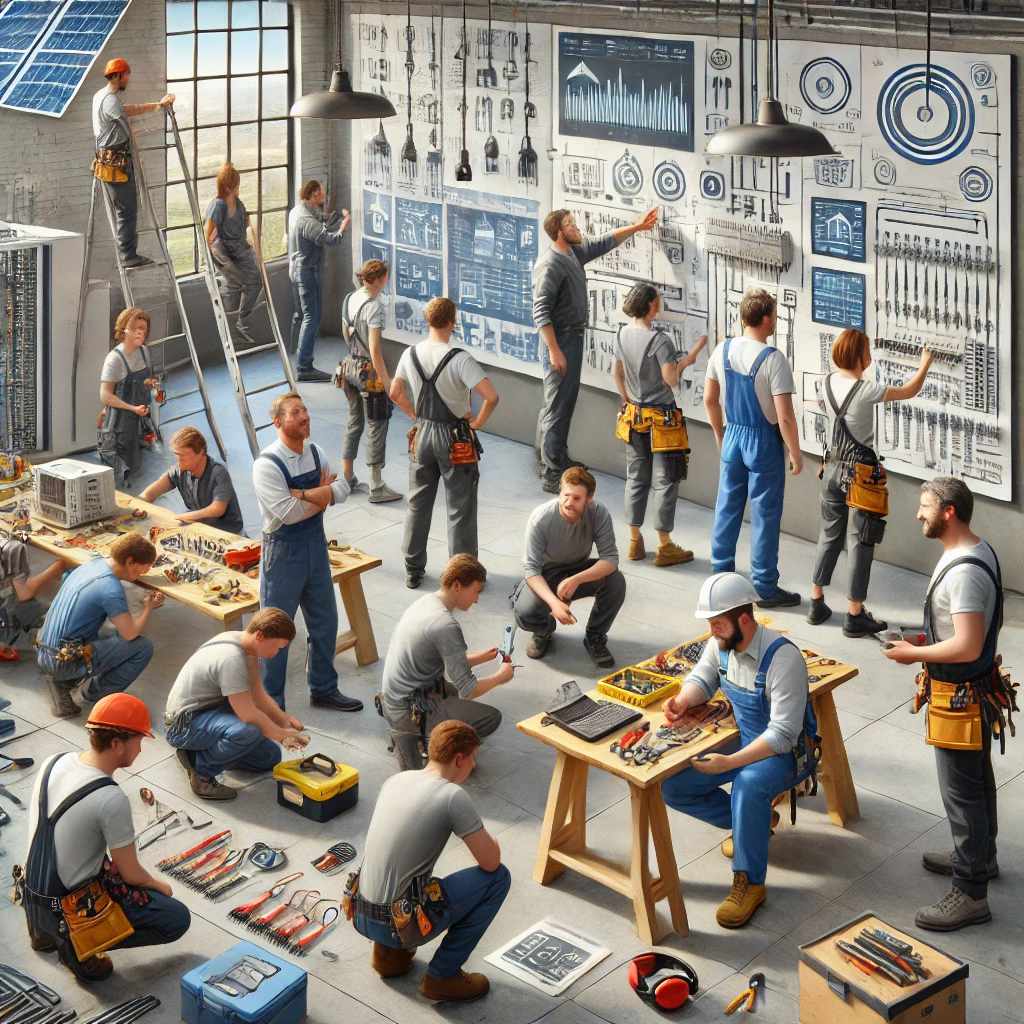Green building certifications have emerged as a vital benchmark in the construction and real estate…
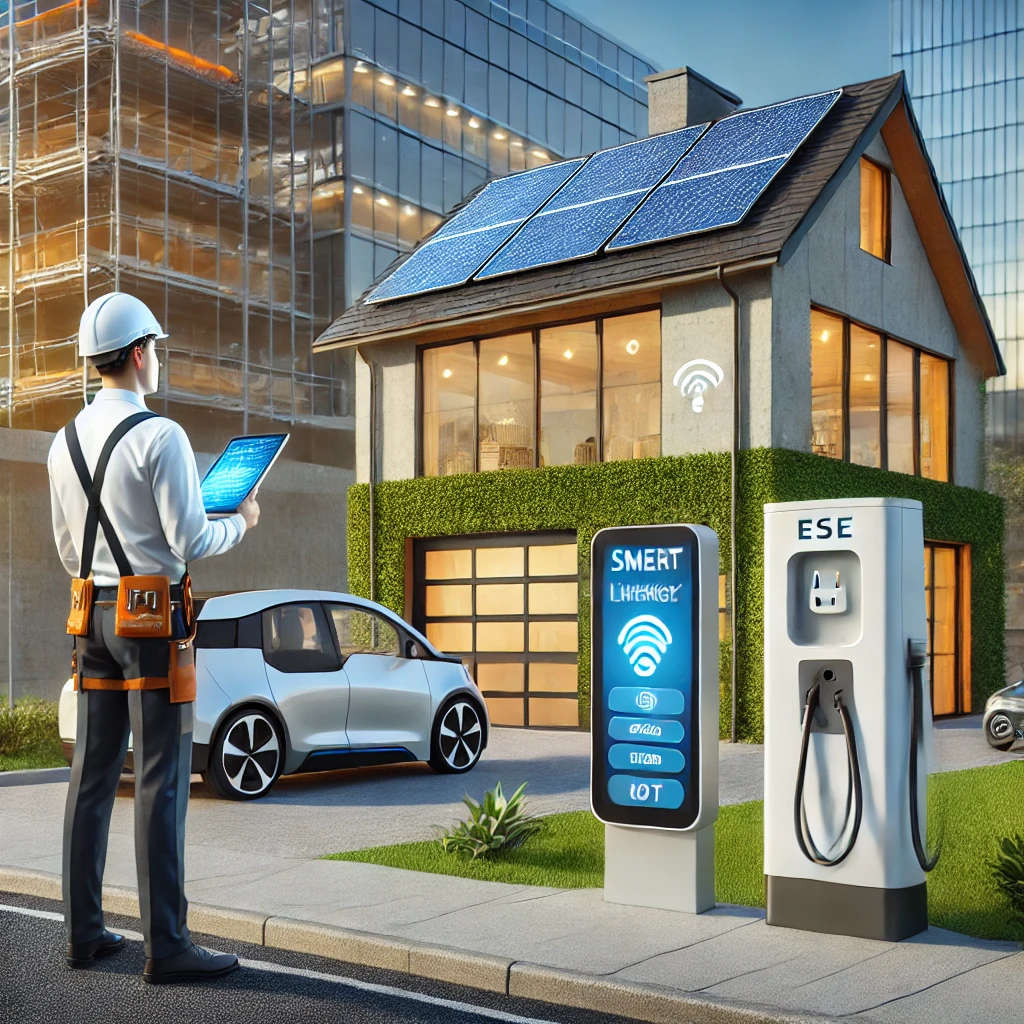
2025 Electrical Trends for Contractors: A Comprehensive Guide
The electrical industry is undergoing rapid transformations driven by technological advancements, shifting market demands, and regulatory changes. Staying ahead of 2025 electrical trends is essential for contractors to maintain a competitive edge and thrive in this evolving landscape. From smart systems and renewable energy adoption to EV infrastructure and workforce upskilling, these trends offer vast opportunities for contractors to future-proof their operations. By embracing these developments, electrical businesses can position themselves as industry leaders, unlock growth opportunities, and secure long-term success.
Rise of Smart Electrical Systems and IoT Integration
In 2025, the demand for smart electrical systems continues to grow as residential, commercial, and industrial buildings seek more intelligent, connected infrastructures. From smart lighting to energy management systems, clients expect seamless integration with the Internet of Things (IoT) to improve energy efficiency, security, and overall convenience.
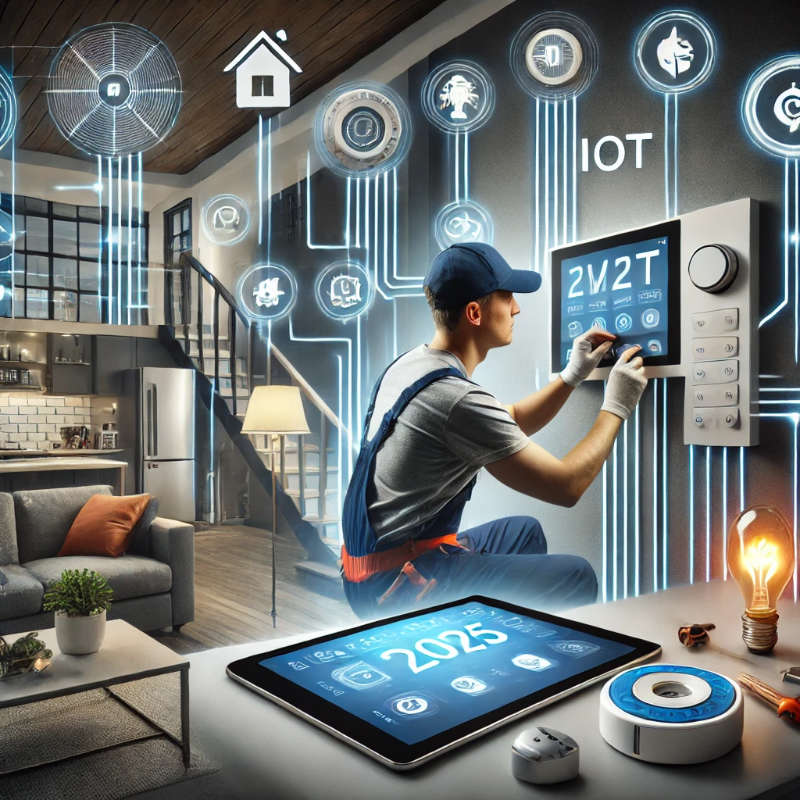

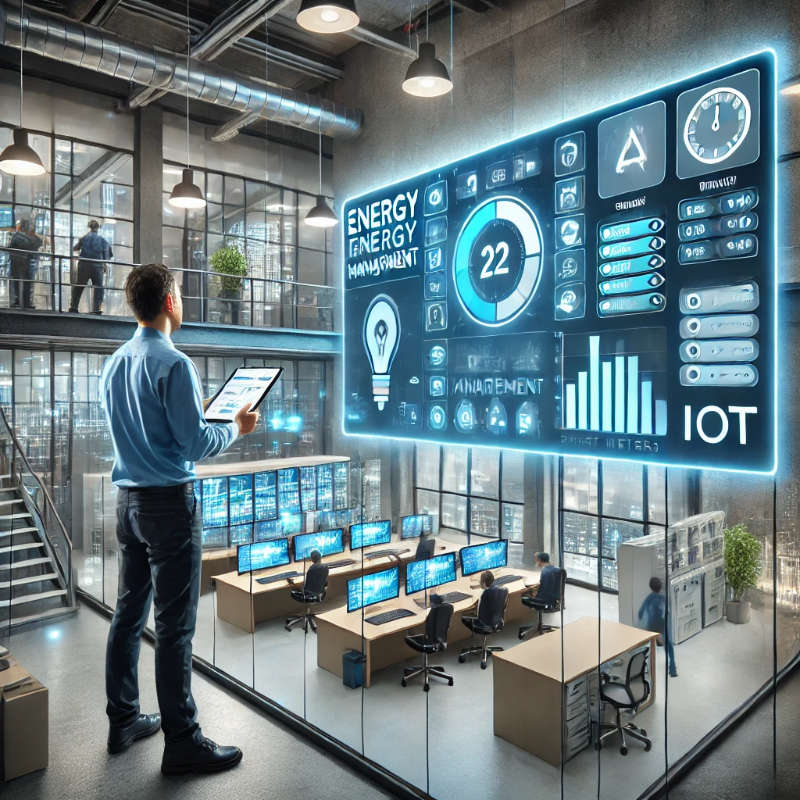
Key Takeaways for Contractors:
- Electrical contractors should expand their expertise in IoT devices and automation systems.
- Offering smart home installations or building automation services will create a valuable niche.
- Collaborating with tech firms specializing in smart products can help contractors stay competitive in this emerging field.
Surge in Renewable Energy: 2025 Trends for Electrical Contractors
For electrical contractors, 2025 presents vast opportunities as the global transition to renewable energy accelerates. The demand for solar panel installations, wind energy systems, and energy storage solutions is expected to soar, driven by government incentives and growing environmental awareness. As industries such as transportation and manufacturing shift towards electrification, electrical contractors are positioned to play a critical role in implementing and maintaining these systems.
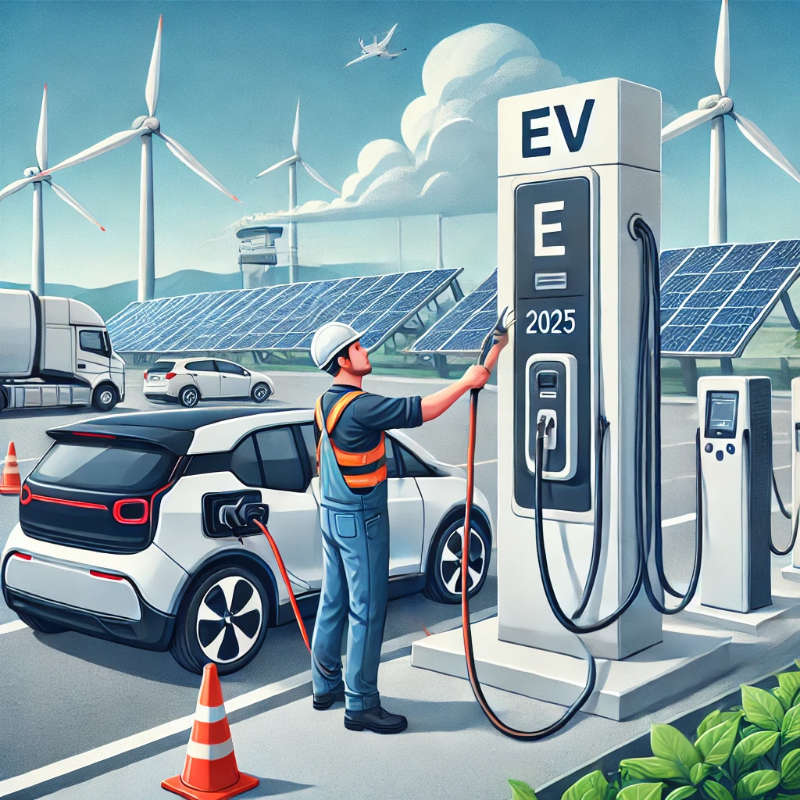
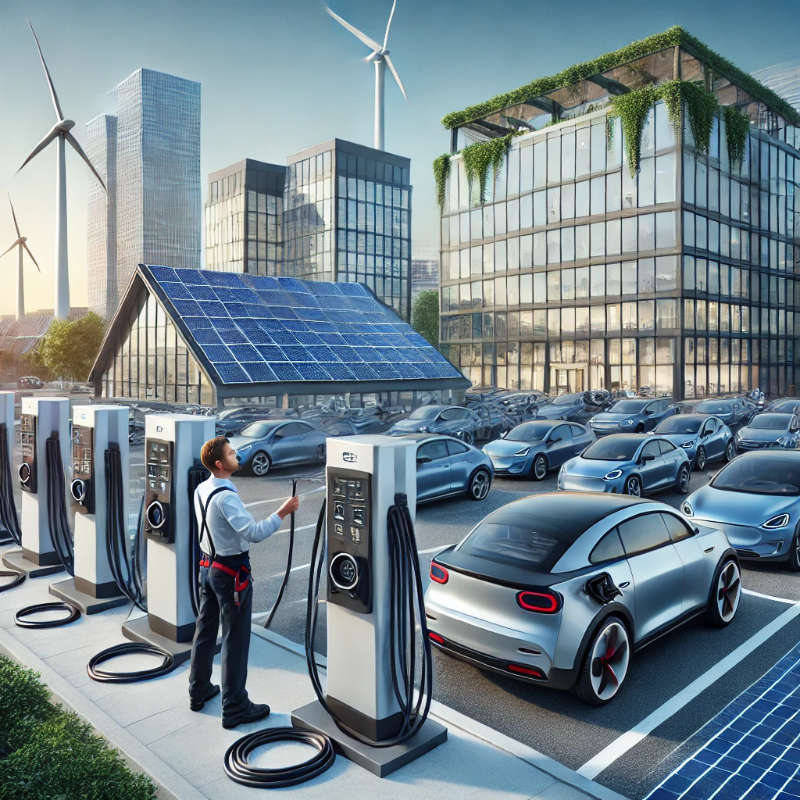
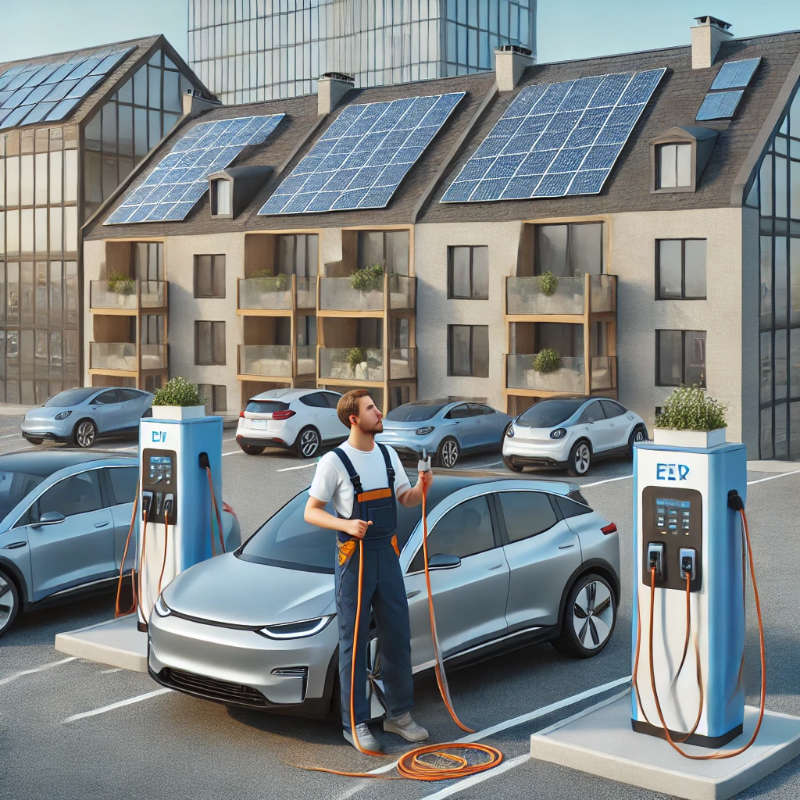
The transition to a greener economy is well underway, and 2025 electrical trends like renewable energy adoption will reach an all-time high. The push toward solar, wind, and energy storage solutions continues to rise, driven by environmental concerns and government incentives. Electrification of industries such as transportation and manufacturing also expands the scope of electrical contractor work.
Key Takeaways for Contractors:
- Solar panel installations, battery storage systems, and electric vehicle (EV) charging stations are becoming mainstream services for contractors.
- Understanding local and federal green energy regulations and incentives will help contractors offer informed guidance to clients.
- Contractors can increase revenue by specializing in energy audits and renewable energy system installations for homes and businesses.
Electric Vehicle Infrastructure Expansion: A 2025 Electrical Trend for Contractors
As electric vehicle (EV) adoption skyrockets, 2025 electrical trends will see exponential growth in EV charging infrastructure demand. This creates a new frontier for electrical contractors, especially in the residential and commercial sectors.
Key Takeaways for Contractors:
- EV charger installations for homes, offices, and public spaces represent a significant growth opportunity.
- Electrical contractors should seek out training and certifications related to EV infrastructure to tap into this expanding market.
- Partnering with automotive dealerships and real estate developers can lead to long-term contracts for installing EV chargers in new homes and buildings.
Labor Shortages and Upskilling in the Electrical Workforce
Among 2025 electrical trends, one persistent challenge is the labor shortage within the electrical industry. As older electricians retire and fewer young workers enter the trade, electrical contractors face a growing gap in skilled labor. Upskilling existing employees and attracting a younger workforce are key strategies for overcoming this hurdle.

Key Takeaways for Contractors:
- Investing in workforce development programs and offering apprenticeships can help attract new talent.
- Training in cutting-edge technologies like automation, renewable energy, and IoT can retain skilled workers and increase their value.
- Contractors should leverage government incentives for skilled trades training to upskill their workforce.
Stricter Safety and Compliance Regulations
In 2025, safety standards and compliance regulations will be more stringent than ever. Electrical contractors must stay current with evolving National Electrical Code (NEC) updates, OSHA requirements, and other industry-specific guidelines to ensure compliance and avoid costly fines or project delays.
Key Takeaways for Contractors:
- Regular training on the latest safety standards and regulations should be a priority for every electrical contractor.
- Incorporating safety audits and offering safety consultation services can add value to contractor services.
- Contractors must stay proactive in adopting new compliance technologies like wearable safety devices and real-time monitoring systems.
Demand for Energy Storage Solutions
As the world moves toward a decentralized energy grid, the importance of energy storage systems (ESS) is rapidly increasing. Residential, commercial, and industrial clients are seeking efficient battery storage solutions to store excess energy generated by renewable sources like solar and wind. This growing demand for energy storage is creating new opportunities for electrical contractors in 2025.
Key Takeaways for Contractors:
- Stay up to date on the latest battery technologies, especially lithium-ion and solid-state batteries, which are expected to dominate the energy storage market.
- Offer integrated solutions that combine renewable energy installations (such as solar panels) with energy storage systems. This will provide a competitive advantage and attract clients looking for comprehensive energy solutions.
- Develop partnerships with energy storage manufacturers to offer cutting-edge technology and stay ahead of industry trends.
Building Electrification and Retrofitting Services
As the world shifts away from fossil fuels, more buildings are moving toward complete electrification. In 2025, retrofitting older buildings to meet new electrification standards becomes a major trend, particularly in urban areas where infrastructure is outdated.
Key Takeaways for Contractors:
- Specializing in retrofitting older electrical systems to accommodate modern electrification needs can become a lucrative market.
- Contractors will need to stay updated on the latest green building certifications such as LEED and WELL to offer compliant solutions.
- Offering comprehensive energy-efficiency audits and retrofitting services will appeal to environmentally-conscious clients looking to reduce their carbon footprint.
Advancements in Prefabrication and Modular Construction
Prefabrication and modular construction are revolutionizing the building industry, and in 2025, this trend will continue to gain momentum. Electrical contractors are increasingly asked to provide pre-assembled components for faster, more cost-effective installations.
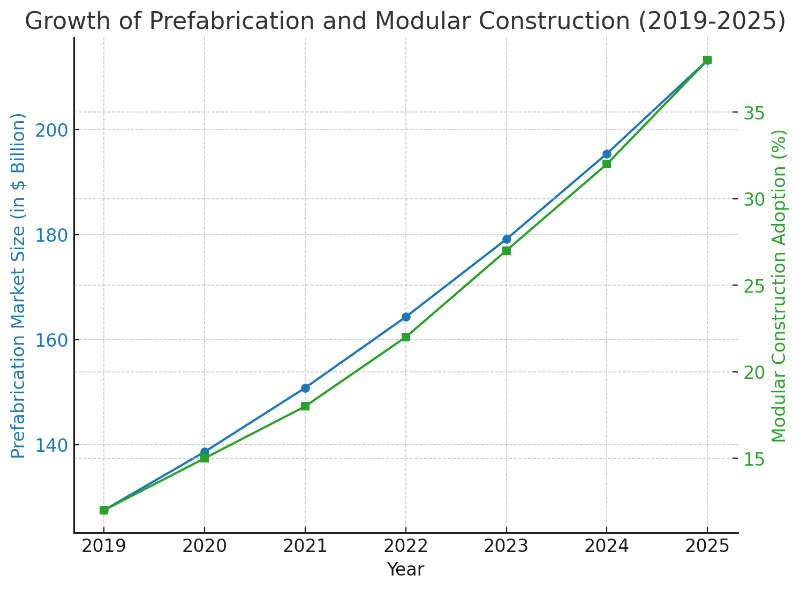
Key Takeaways for Contractors:
- Contractors who invest in prefabrication capabilities can significantly reduce labor costs and project timelines.
- Modular installations allow contractors to complete complex projects with greater efficiency and accuracy.
- Developing expertise in working with building information modeling (BIM) software and other design tools is key to thriving in this trend.
Sustainability and Green Certifications
As environmental regulations tighten, sustainability is no longer optional—it’s a necessity. Clients are more informed and seek green certifications such as Energy Star, LEED, and WELL for their buildings. Electrical contractors who understand the importance of sustainable practices will be in high demand in 2025.
Key Takeaways for Contractors:
- Electrical contractors should become certified in green building standards to cater to clients seeking eco-friendly solutions.
- Emphasizing energy-efficient installations and promoting sustainable materials will resonate with environmentally-conscious clients.
- Contractors who can provide sustainability consultations or assessments will stand out from their competitors.
Conclusion: Adapting to the Future of the Electrical Industry in 2025
As we look toward 2025, the electrical industry is on the cusp of significant transformation. By embracing 2025 electrical trends like smart systems, renewable energy, EV infrastructure, and workforce development, electrical contractors can position themselves as leaders in this evolving market.
To stay competitive, contractors must continue to upskill, adapt to new technologies, and prioritize sustainability.
Join Now and See How SendWork Can Help You Stay Ahead of 2025 Electrical Trends
Try SendWork for Free and Automate Your Electrical Business for 2025
Incorporating these trends into your business strategy will not only future-proof your operations but also open doors to exciting growth opportunities. Stay ahead of the curve, and the future of the electrical industry will be yours to conquer.

